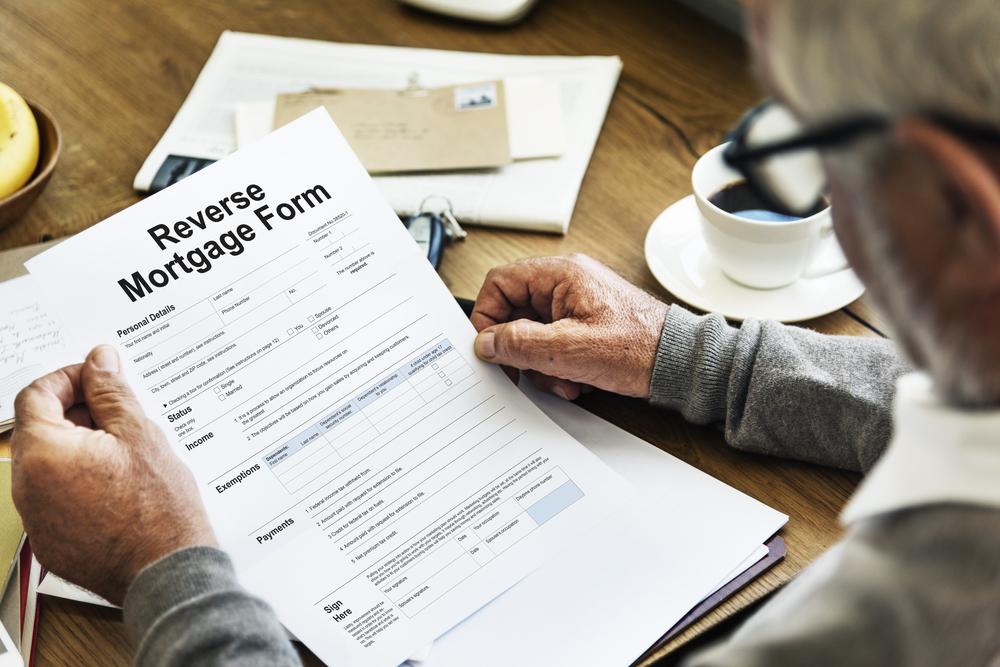4 Disadvantages Of A Reverse Mortgage
A reverse mortgage is basically a home equity loan that doesn’t require you to have income or good credit. You can get a reverse mortgage either as a lump sum amount of money or as a line of credit, but you don’t need to make payments on it. Moreover, the loan doesn’t need to be paid back till you move out of your home or die. Then, the bank will sell your home and repay the loan.

Although reverse mortgages may seem like one of the easiest mortgages in the market, these have a number of terms and conditions attached to them. First, reverse mortgages have an age requirement. To qualify for this mortgage, you need to be 62 years or more. Second, the home you buy with a reverse mortgage needs to be your primary residence. If you plan to move out or even if you are moved to a facility for healthcare, the repayment process will need to start.
Usually marketed as a path to a ‘free-er’ retirement, reverse mortgages are generally very tough to understand. Here are some situations in which you should just walk away from a reverse mortgage.
When you wish to leave your home to your family
As stated above, in case of your death, the reverse mortgage in your name will be due. Once it is due and no one available to pay for it, the bank will foreclose your home, sell it off, and use the proceeds to repay the mortgage. If the home’s selling price is more than your loan balance, your family gets the difference, and if the house is sold for less then nothing goes to your family.
There will be a problem if your family wants to reside in the house after you’re gone. Most reverse mortgage agreements specify that you need to repay the loan once you’re out of the house, which means that either your family needs to repay your loan or they will also have to move out of the house
You Might Also Like: 5 Things To Do After You Pay Off Your Mortgage
Expensive healthcare
Expensive health care is not a sound reason to apply for a reverse mortgage. Since the funds are only helpful till you’re well enough to stay at home, a reverse mortgage will only add more to the chaos and the financial burden to take up on such a demanding loan will be difficult for you.
Also, if your health deteriorates and you need to move to a facility, the limit to staying out is fixed for around a year. After one year, the bank will foreclose on your home and sell it to get their money back.
Higher interest rates
Another problem with reverse mortgages is that these loans charge higher interest rates as compared to regular home loans. The total costs include closing costs, lender fees, and mortgage insurance, each of which can be quite high.
Maintenance is necessary
With a reverse mortgage, if you default on any of the important payments such as property tax and homeowner insurance and if you fail to maintain your home in a good condition, the lender could reverse the reverse mortgage and declare it due.
Keep yourself updated with the latest on Mortgage . Like us on Facebook and follow us on Twitter for more on Investments.


